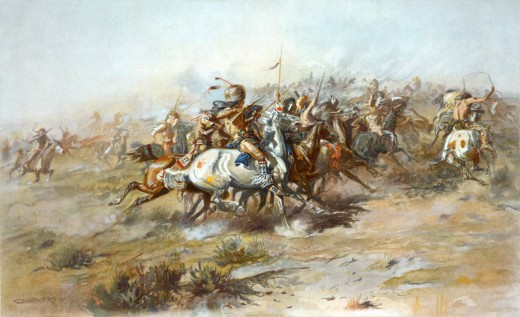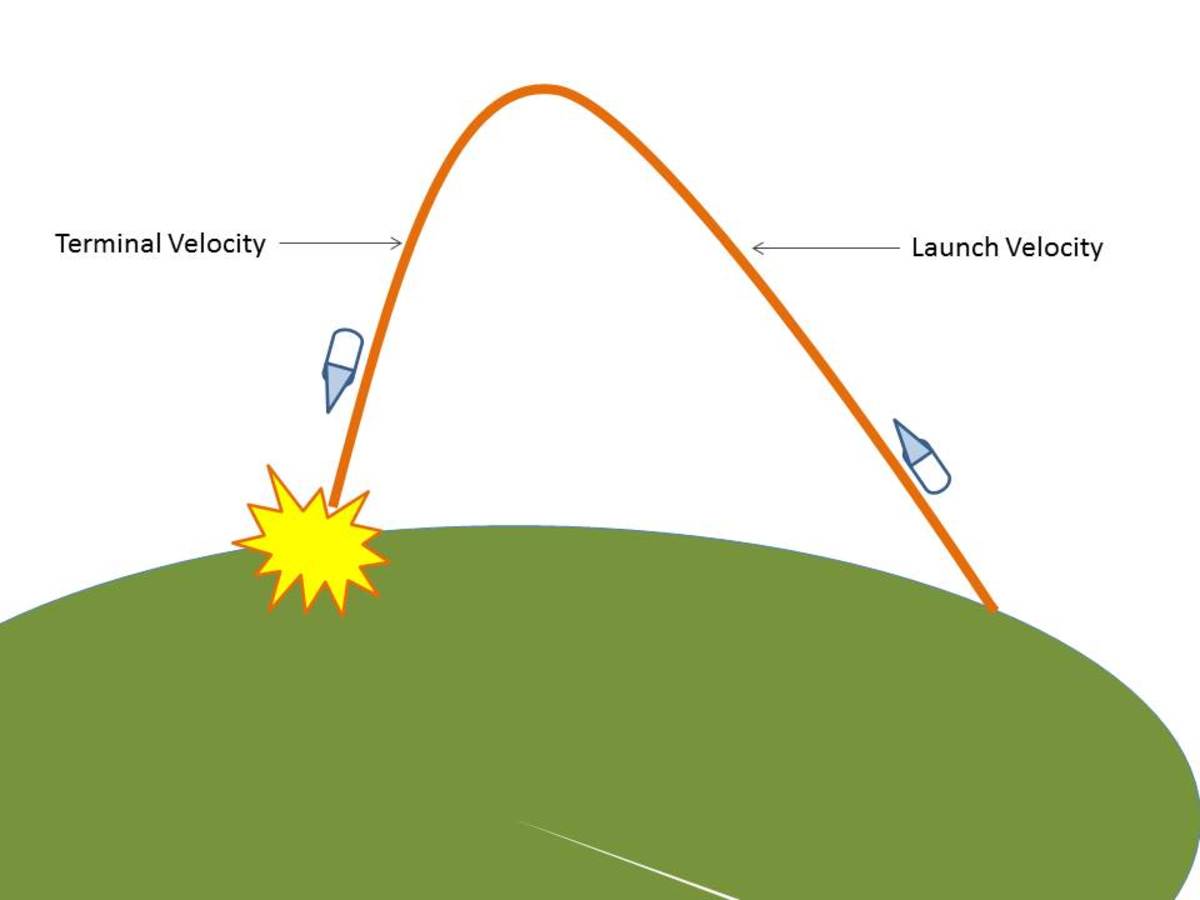Counterfactual History: Asking Your Students to Consider "What If?"

As a teacher, our ultimate goal is for our students to thoroughly understand our subject and apply their knowledge.
It's easy for a history class to degenerate into a simple survey of facts and ideas, with little deep learning going on. The crushing pace of the curriculum can force a teacher to move ahead at blinding speed, and it can be hard to think of and find ways to give kids an opportunity to apply what they've learned.
Well one solution - simple, but incredibly thought provoking for students - is counterfactual history. Essentially, this means asking the question, "What if?"
It's easy to memorize some facts, comprehend a book, and then regurgitate some information on a test or in a formulaic essay. It takes real thought and comprehension, however, to consider how history would change if a key event were to change as well. And that's at the centerpoint of counterfactual history.
Think about a pivotal event, define a new outcome, and then hypothesize how things might turn out differently. There's no right or wrong answer. There are only arguments, well supported or ill supported. Your students task is to make a well supported argument that proves they've learned something in a real, deep way.
What If the Nazis Developed Nuclear Weapons First?
What kinds of questions could your students think about? Let's take a look at a few examples.
First, for Modern U.S. History, what if World War II had ended differently? The United States defeated Germany, developed a nuclear weapon, and then used it to force Japan to surrender. But what if the Nazis had developed nuclear weapons first and used them on the United States?
It's a terrifying thought - and one that you can actually watch play out in the new Amazon series, Man in the High Castle. You can also read the book by the same name by Philip K. Dick. It's a masterful work of science fiction.
In his version of history, the Axis powers end up winning the war. The eastern United States is ruled by Nazi Germany, while the western United States is ruled by the Japanese empire. The violent anti-semitism of the Holocaust is brought to America, and people live in constant fear.
It could be really interesting to have students come up with their own counterfactuals about this scenario and then watch excerpts from Man in the High Castle.
What if the Union Hadn't Won the Civil War?
Considering we just marked the 150th anniversary of the Civil War, that's a timely example. There are literally dozens of minute details you could consider, like "What if the Confederacy won the battle of Gettysburg?" or "What if Stonewall Jackson wasn't accidentally killed?" But, in a survey class, these might be too specific. For a general U.S. history class, a better question might simply be, "What if the Lincoln had negotiated a peace with the Confederacy?"
The country was divided over whether or not to spend so much, in terms of money and human lives, to force the Confederacy to remain in the Union. And it's a perfectly conceivable, if not likely, that forces within the U.S. government could have forced Lincoln to negotiate a peace with the Confederacy and recognize the C.S.A. as an independent country. The students' task, then, would be to consider how this would have altered U.S. history.
And besides the continued survival of slavery late into the 19th century, this would have huge implications for the United States development as a global power in the 20th century. Would it have still been able to muster the military might to create an empire if it remained divided? What would the balance of power in North America have been like given the split, and would European powers have continued to control the Caribbean?
What if the Native Americans Weren't Removed?
Early in American history, there were still significant numbers of Native Americans living in the United States. The Cherokee and related tribes were still very much a presence in the southeast.
This ended with the Trail of Tears, during which Andrew Jackson and the American government forcibly removed these Native Americans to territories in the west. This was later followed by the Sioux Wars and a series of conflicts in the late 19th century where the United States took the majority of the land that belonged to these tribes.
But what if this never happened? The Supreme Court ruled in favor of the Cherokee nation and tried to protect it from encroachment by Americans, but this decision was ignored and not enforced by Jackson. Instead, he (or another President) could have protected Cherokee lands instead of evicting them.
As a result, we might have a healthy Cherokee nation in the southeast United States today - a very different situation. Or, it could have just temporarily delayed land grabs and conflicts to a later date.

What if the Civil Rights Era Went Differently?
In the 1960's and the Civil Rights era, there are many events that you could consider. It was a tumultuous time in American history, and many political leaders were assassinated - Martin Luther King, Jr., John F. Kennedy, Malcolm X, Medgar Evers, and Robert Kennedy, to name a few. It would be an interesting exercise to consider how things would have worked out differently if one (or all) of these men had lived.
For example, if RFK wasn't assassinated, would he have gone on to be elected in 1968 instead of LBJ? Or if JFK wasn't assassinated, would LBJ have ever become President? And would the absence of the Master of the Senate have affected the outcome of the Civil Rights Act and the Voting Rights Act?
The possibilities are endless. The whole concept relies on imagination - yours and your students. So next time you're struggling to devise a task that will engage your students in a deep, meaningful way, think about a counterfactual. Have your students ask, "What If?" And see how they answer that question.






